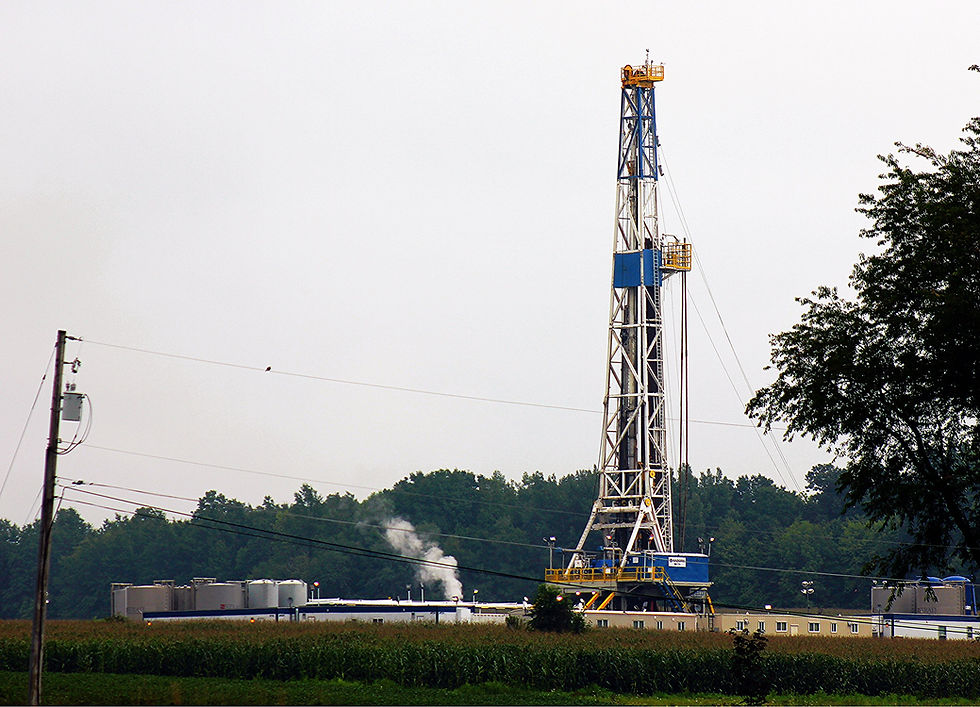CBAM is an early Christmas present for environmentalists and conservatives
- Dec 18, 2023
- 2 min read
Today’s announcement of a Carbon Border Adjustment Mechanism (CBAM) is a welcome move to protect British industries, whilst supporting global net zero ambitions. It means cheaper goods with higher emissions won’t be able to undercut the price of UK-manufactured goods with lower emissions.

At present, domestic high carbon industries, such as steel production, have a limit on the amount of carbon dioxide they can emit, in order to encourage decarbonisation efforts. This ‘cap’ on the amount of carbon dioxide that can be emitted decreases over time in line with UK net zero targets. However, manufacturers who might need to go over the limit can purchase permits from other domestic manufacturers who are under their limit at auctions. This Emissions Trading Scheme however, only applies to domestic manufacturing.
Whilst goods produced domestically are taxed through the Emissions Trading Scheme, higher-emission but cheaper products have been able to enter the British market, undercutting the domestic industries. Because of this, there has been a disincentive for UK industries to decarbonise, in order to remain cheaper than dirtier, higher carbon imports.
The introduction of a CBAM is an opportunity to shelter British businesses from being undercut from overseas manufacturing through an inherently conservative, polluter pays principle.
This also brings the UK in line with other major international economies, with the EU announcing a similar CBAM. Through introducing our own CBAM, we are ensuring that the UK does not become a location for higher carbon, cheaper imports, which are no longer welcome in the EU and USA.
The CBAM announced by the government for introduction from 2027 will see imports of certain high-carbon-emission goods (such as cement, fertiliser and steel) charged a carbon price so as to not undercut UK manufactured goods which may be more expensive, but with a lower carbon footprint.
It is imperative that the design and delivery of the CBAM, due to be consulted on next year, adequately address this and ensure British businesses are able to invest in decarbonisation without fear of being undercut.
The UK has already reduced emissions by 49% since 1990, whilst growing the economy by 75% in the same period. With a target of 68% emissions reductions by 2030, it is imperative that all sectors of the British economy are pulling together to decarbonise.
____________________________________________________________________________________________________________________
If you are a CEN supporter, councillor, or parliamentarian and would like to write for the CEN blog, please email your idea to info@cen.uk.com.




Comments